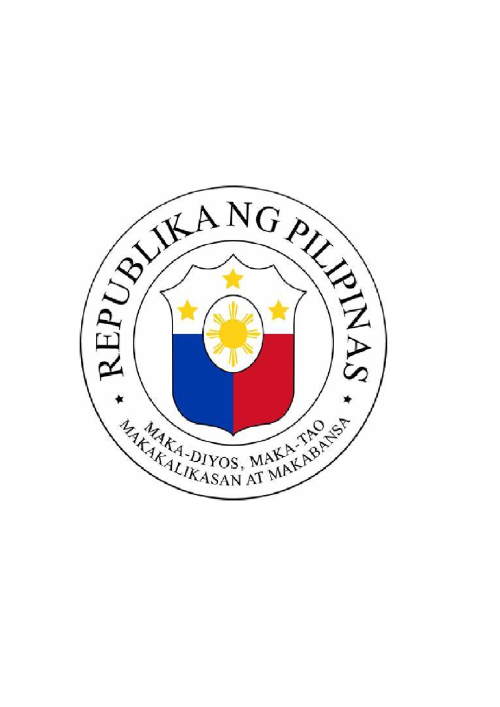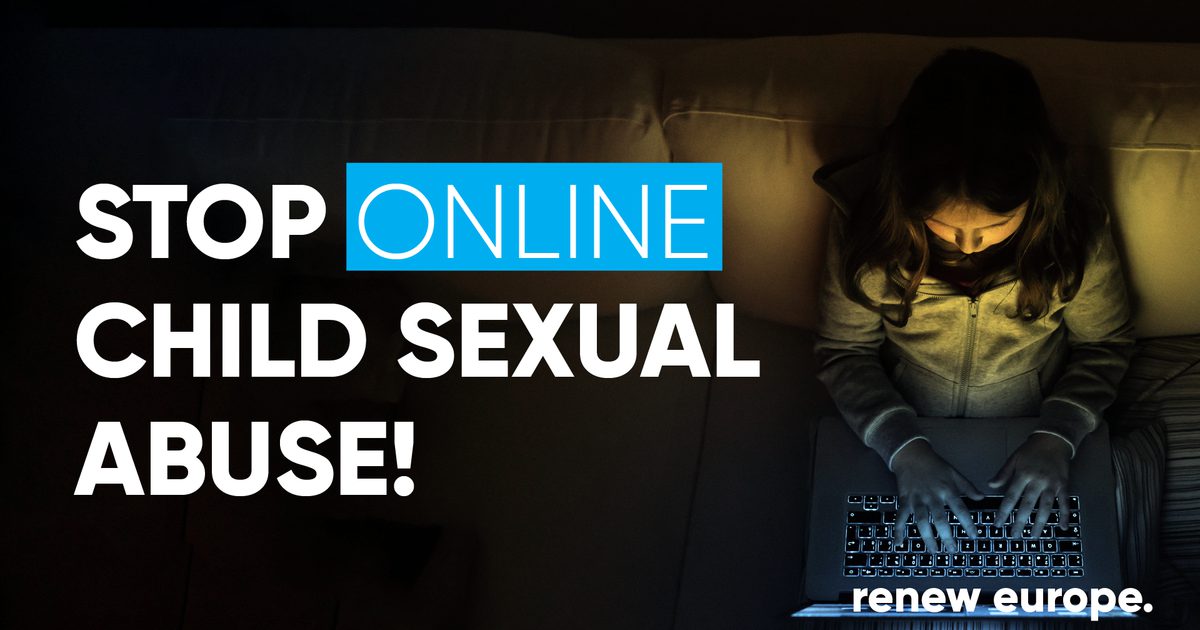Understanding the Anti-Trafficking Laws in the Philippines
RA 11862 (Expanded Anti-Trafficking in Persons Act of 2022) builds upon RA 9208 by strengthening existing provisions and addressing new challenges related to trafficking. Key changes include an expanded definition of trafficking to include online sexual abuse and exploitation of children (OSAEC) and child laundering, increased accountability for internet intermediaries, strengthened investigation protocols, and increased protection for victims. Both RA 9208 and RA 11862 demonstrate the Philippine government's commitment to combating human trafficking. These laws provide a legal framework to prevent, protect, and prosecute trafficking, while also recognizing the need for comprehensive support services for victims. The expansion of the law in 2022 reflects the evolving nature of trafficking and the importance of addressing new challenges, particularly in the digital age.
References:
https://renew-europe.transforms.svdcdn.com/production/newsroom/press-releases/2023/2928918/Stop-Online-Child-Sexual-Abuse_Landscape_2023-11-13-154416_vixa.png?w=1200&h=630&q=82&auto=format&fit=min&dm=1699890256&s=f90b17fdb5b235c07151d6604134afea
https://situationofchildren.org/sites/default/files/styles/d05/public/2024-07/republic_act_0.png?itok=mUSF_863
https://lawphil.net/statutes/repacts/ra2022/ra_11862_2022.html



This blog reminds to everyone to stop children sexual abuse.
ReplyDelete